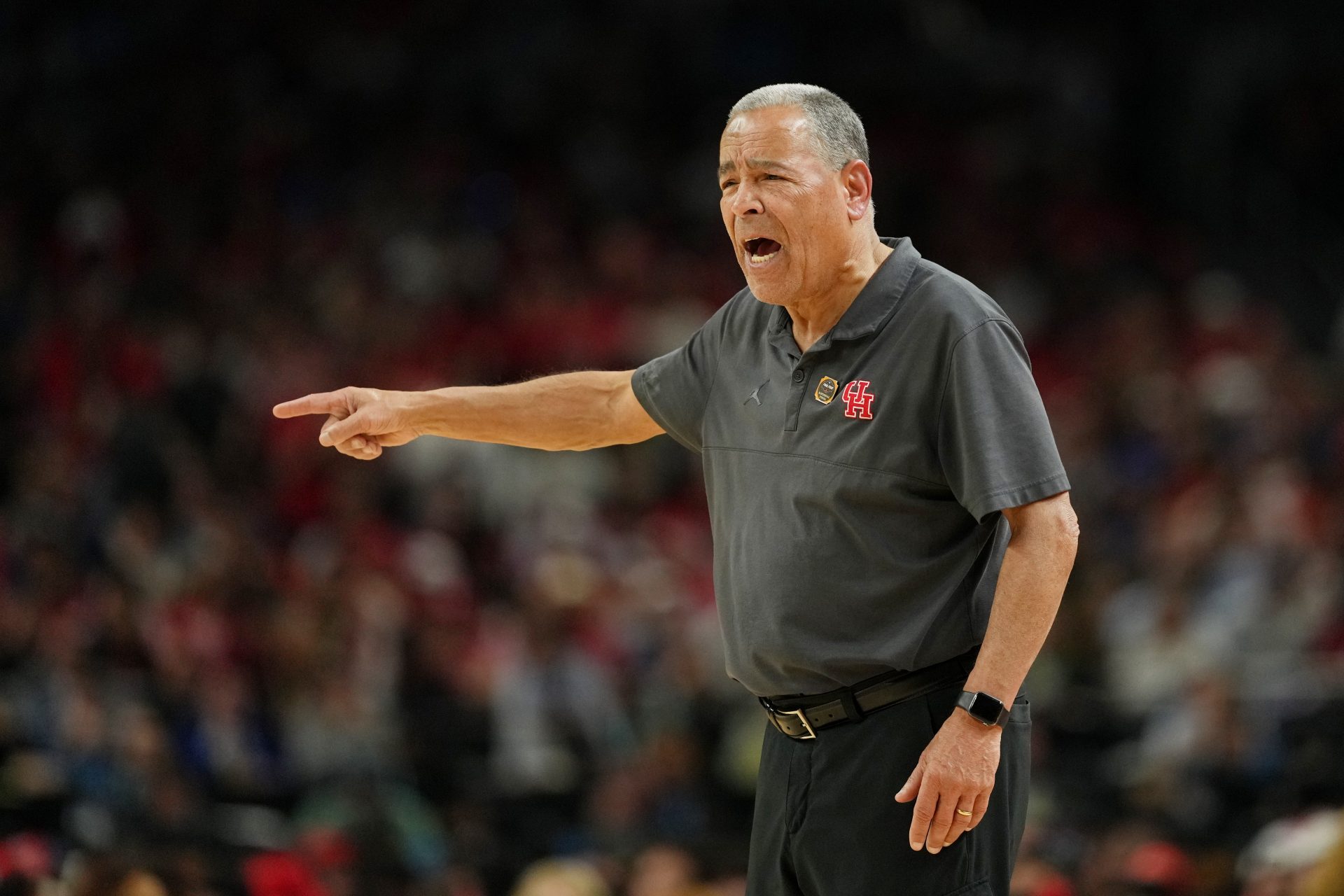During his 20th NCAA Tournament appearance, Houston coach Kelvin Sampson—leading a No. 1 regional seed for the third straight year—offered a sharp take on why some NBA coaches get fired.
With three Final Four trips under his belt, the 69-year-old knows winning isn’t just about strategy. Speaking to a press corps raised in the digital age and quick to amplify controversy online, Sampson’s comments reflected the deeper dynamics at play beyond the court—where personality clashes and failed locker room leadership often eclipse tactical shortcomings.
Kelvin Sampson’s Blunt Take on NBA Coaching Turnover
As Houston prepares for the national championship game at the Alamodome in San Antonio, head coach Kelvin Sampson stands on the brink of his 800th career win. While his program is riding the high of one of the greatest Final Four comebacks—an 11-1 closing run that stunned No. 1 Duke—Sampson’s insight goes beyond winning games. It cuts to the core of leadership and the pitfalls that doom many at the highest level of the sport.
Sampson, a respected voice in both college and professional circles, doesn’t mince words when discussing why so many NBA coaches fail.
“I think the coaches that fail at every level are the coaches that are passive-aggressive. Passive-aggressive coaches are usually afraid to hold kids accountable. You rationalize. If you’re going to build a culture.”
Kelvin Sampson GOLD 🥇
“Passive aggressive coaches are usually afraid to hold kids accountable, they rationalize.”
Leadership = Accountability.
Clear. Direct. Honest.
Your culture depends on it.
— Greg Berge (@gb1121) April 20, 2025
That single-minded focus on accountability, he insists, is foundational to culture.
“If you’re going to build a culture, the first thing you have to come to grips with is you’re to have confrontation because you want it done your way.”
Having coached six seasons in the NBA, Sampson has closely observed the reasons behind coaching failures at the professional level. Rather than only studying those who succeed, he looked to those who were fired.
“I always try to learn more from those guys than the other guys,” he explained. “Why are you guys getting fired? What is it you’re not doing?”
His conclusion: the small things matter. The failure to enforce discipline in the smallest details—like making players touch every line in a conditioning drill—can spiral into larger issues.
“Touching every line is a metaphor for life,” Sampson said. “You start taking shortcuts… you start letting that go, then that kid may never touch the line.”
That erosion of standards, in his view, is where culture begins to break down. For Sampson, great leadership is clear, direct, and honest.
“Leadership equals accountability,” he said.
KEEP READING: ‘We Are So Back!’ — Houston Fans Upbeat About National Defensive Player of the Year Joseph Tugler Returning
With a career marked by discipline, consistency, and cultural control, Sampson’s blunt assessment of coaching turnover isn’t rooted in theory—it’s earned through decades of success, and the hard lessons of watching others fall short.
College Sports Network has you covered with the latest news, analysis, insights, and trending stories in football, men’s basketball, women’s basketball, and baseball!


